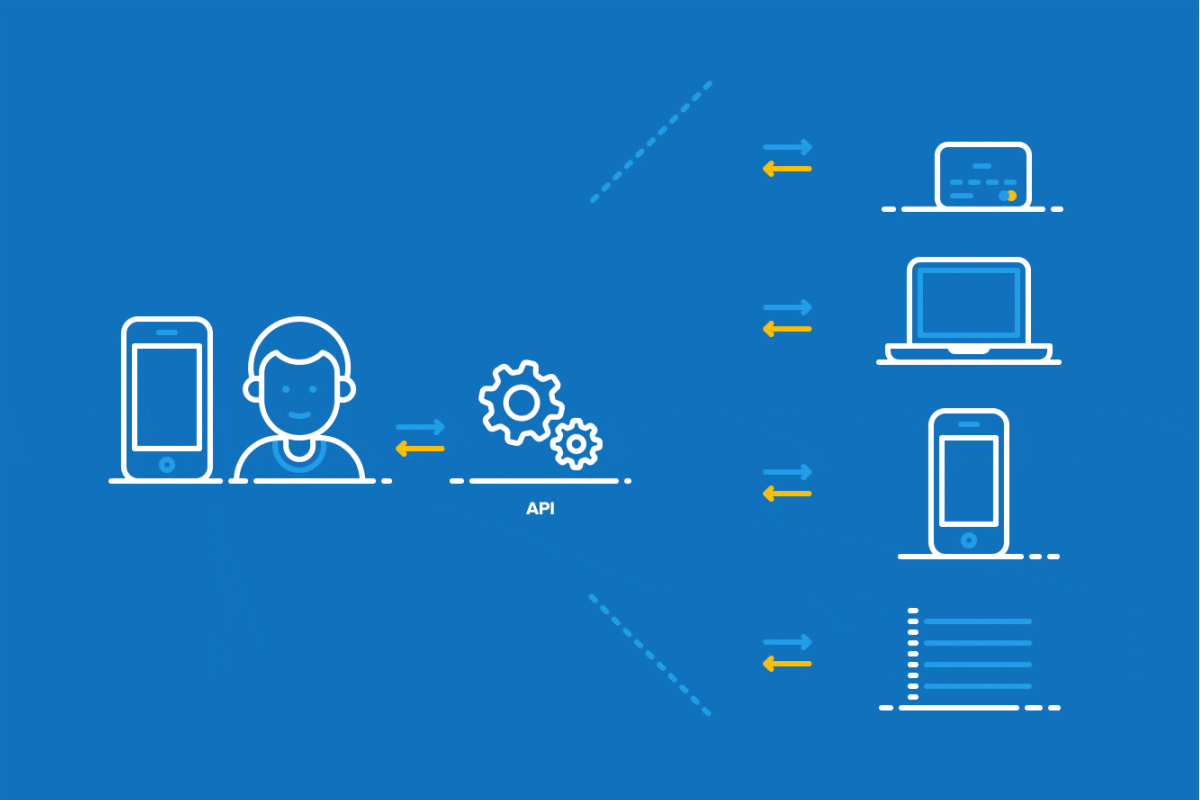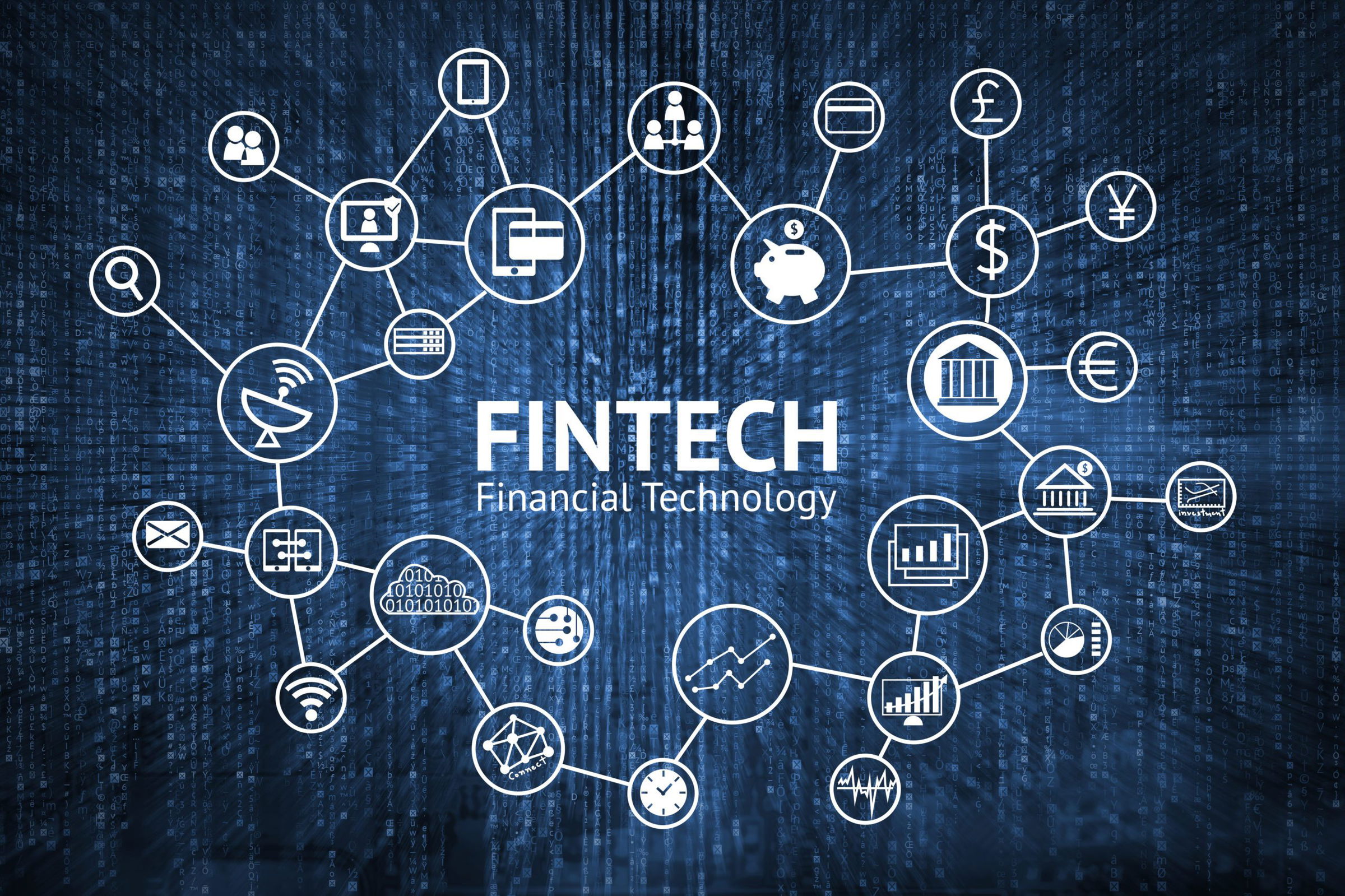Enter a universe where opportunities are endless, and creativity has no boundaries. Welcome to the blockchain technology world, where we can watch different sectors develop.

In this blog, we set out on an exciting quest to investigate the transformational potential of the blockchain revolution, probing deeply into its complexities and revealing the numerous ways it is changing the landscape of several industries.
The disruptive impact of blockchain is evident, significantly impacting industries, including supply chain management, healthcare, and finance. So buckle up and be ready to see the beginning of a new age.
What is blockchain?
Blockchain is a decentralized, distributed, and secure data storage method. Without mediators or centralized agencies, transactions are validated and documented using encryption. Digital currencies, smart contracts, supply chain management, identity verification, and other uses are all possible with blockchain.
Financial services provider Blockchain.com (formerly Blockchain.info) specializes in cryptocurrencies. The business started 2011 as the first Bitcoin blockchain explorer before developing a cryptocurrency wallet responsible for 28% of all Bitcoin transactions from 2012 to 2020. Additionally, it runs a cryptocurrency exchange and offers data, charts, analytics, and institutional financing services.
Think of the world as a gigantic book that everyone shares. Everyone has access to this book, which contains every transaction ever made. Nobody can alter any of the entries in this book, which is continually updated.
A blockchain works like this. It is a tamper-proof, transparent, and safe method of storing data. Blockchain has the power to alter the course of history. It may be utilized in several sectors to boost productivity, cut expenses, and promote transparency.
The impact of Blockchain technology on industries
Information is essential to business. It is best if it is received quickly and is correct. Blockchain technology adoption for delivering such information, because it offers real-time, shareable, and entirely transparent data kept on an immutable ledger and accessible exclusively to members of a permissioned network.
Among other things, a blockchain network can monitor orders, payments, accounts, and production. Additionally, because everyone has access to the same version of the truth, you can see every aspect of a transaction from beginning to end, increasing your confidence and opening up new prospects.
Key elements of a blockchain
- Distributed ledger technology: This type of distributed ledger is not kept on a single computer. It is instead kept on a computer network. Because of this, it is highly challenging to hack or alter the data.
- Immutable records: Data entered into a blockchain cannot be modified after it has been added. This is since each block in the chain includes a hash of the one before. Any changes to the contents in a block will cause the hash to change, invalidating all blocks after that point.
- Smart Contracts: Self-executing “smart contracts” are kept on the blockchain. They can therefore be used to automate agreements and transactions.
- Transparency: All blockchain transactions are visible to the public. Anyone may view them because of this. This may contribute to improved transactional transparency and trust.
- Security: Blockchain is a fairly secure technology in terms of security. This is so that the data cannot be easily hacked or altered.
Comprehensive overview of Blockchain course
A blockchain course is one educational program that teaches students about the technology underlying blockchain. Blockchain, a distributed ledger system, enables safe, open, and unchangeable transactions. The core technology powers digital currencies like Bitcoin and Ethereum but offers various possible uses.
Students may learn the fundamentals of blockchain technology via a blockchain course, including how it functions, its benefits and drawbacks, and its applications. Additionally, it may instruct students on the programming languages required to create blockchain applications.
Blockchain courses come in various formats, both online and offline. Some courses are for novices, while others are for developers with more expertise.
It covers topics such as:
- The Origins and Development of Blockchain
- The principles and ideas behind it
- The properties and characteristics of various blockchain platforms
- Blockchain applications and use cases in many sectors
- Adoption of Blockchain: Opportunities and Challenges
- The top techniques and resources for creating and implementing blockchain solutions
The blockchain course is for students of various skill levels, from novice to expert. It provides interactive lectures, tests, projects, and assignments that will aid in your understanding of blockchain theory and application. Additionally, you get access to live sessions, mentoring, and assistance from peers and seasoned instructors who will help you as you progress through your learning process.
The Final Words
One revolutionary force has developed in the enormous technological environment, leaving an enduring imprint on several sectors. It is none other than blockchain, a potent disruptor that has sparked the curiosity of inventors, businesspeople, and visionaries alike.
Blockchain has broken through the conventional barriers in the financial sector, launching us into a world of frictionless transactions, open accounting, and increased confidence. The power of decentralized cryptocurrencies has itself decentralized, giving people access to previously unreachable possibilities and financial independence.
The Professional Certificate in Fintech, developed by Imarticus Learning and SP Jain School of Global Management, is Asia’s top Fintech certification program. Your ability to flourish in the Fintech sector will be enhanced by taking this course. You will interact with business executives and industry professionals while working on real-world case studies and learning from subject-matter experts. After completing the course, you will be prepared to start or enhance your career in fintech.
May you continue to seek knowledge, drive change, and embrace the boundless opportunities that blockchain technology presents. Remember, the power to transform industries lies in your hands.



 On the other hand, if a digital ledger is created through
On the other hand, if a digital ledger is created through 


 Now one of the major challenges faced by the traditional banking systems is that it takes more than the necessary time to settle financial transactions carried out between two parties. The average time taken earlier was between 1to 3 days.
Now one of the major challenges faced by the traditional banking systems is that it takes more than the necessary time to settle financial transactions carried out between two parties. The average time taken earlier was between 1to 3 days. Identity theft is also a common problem in the modern digital age. Banks need better protection against these cybercriminals to detect fraud and eliminate the chances of data leakage.
Identity theft is also a common problem in the modern digital age. Banks need better protection against these cybercriminals to detect fraud and eliminate the chances of data leakage. This allows easy data manipulation without any repercussions but given the blockchain highly decentralized structure it is almost impossible to manipulate data without being caught.
This allows easy data manipulation without any repercussions but given the blockchain highly decentralized structure it is almost impossible to manipulate data without being caught.

